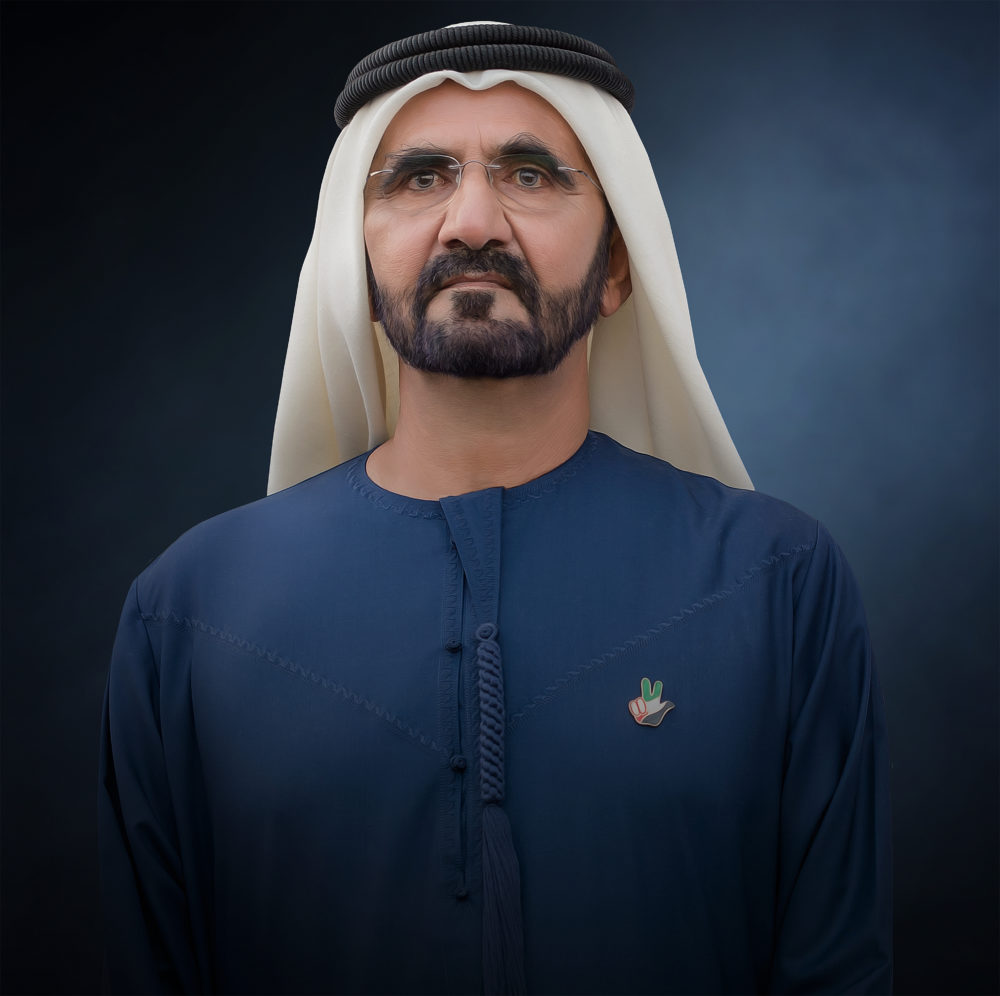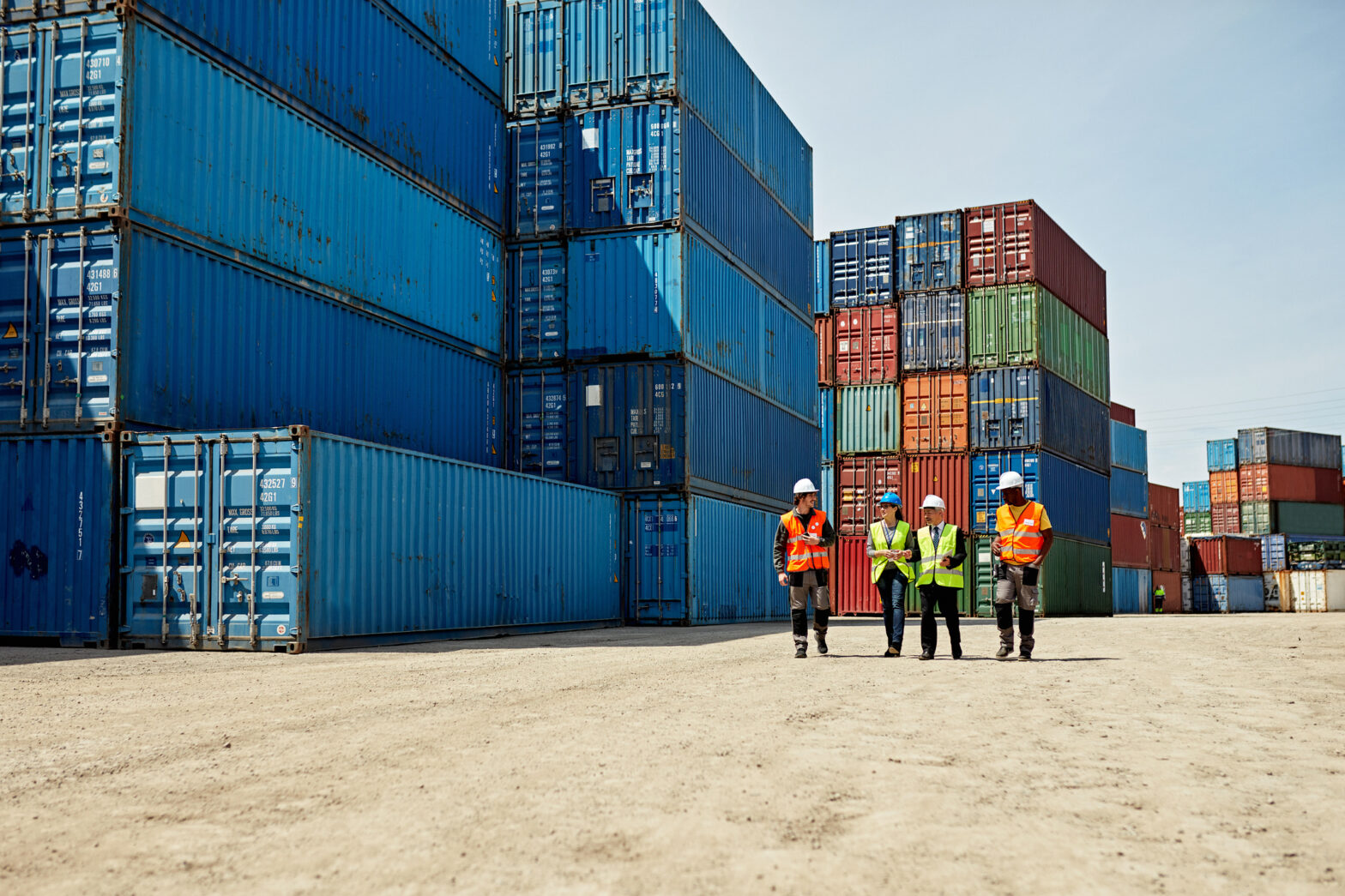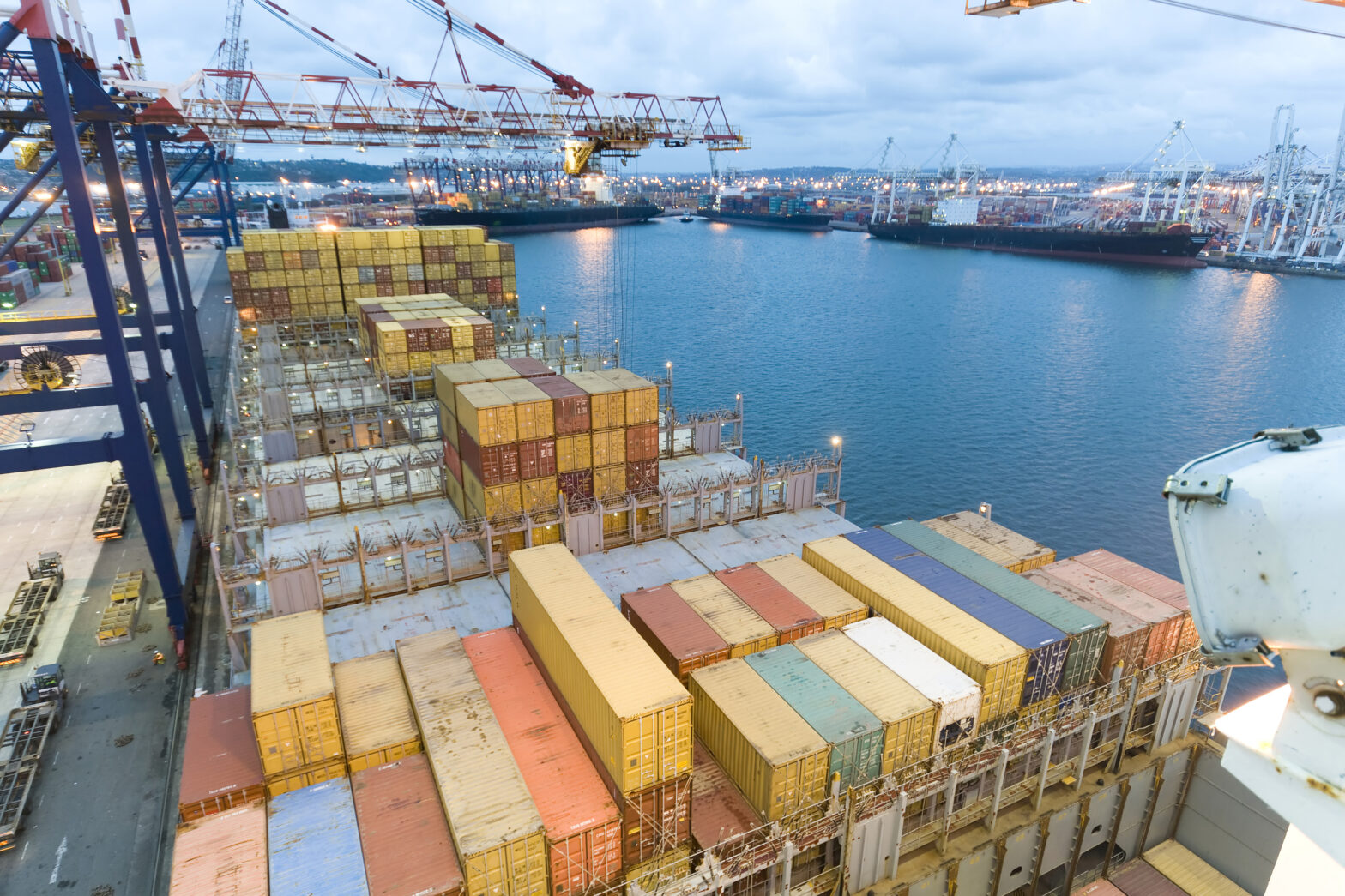If there was one attitude that has been fundamental to the economic success of the city of Dubai then it surely is a deep respect for the value of competition.
It’s a word that Sheikh Mohammed bin Rashid Al Maktoum, Prime Minister and Vice President of the United Arab Emirates (UAE), and ruler of Dubai, is very fond of, believing that it drives people to become stronger and to achieve more.
“Compete with yourself and others,” he advises in My Story: 50 Memories from Fifty Years of Service, his long-awaited memoirs published to coincide with five decades at the heart of power in the Middle East. “Compete with your goals to achieve more ambitious ones,” he adds. “Compete with your past to build a better future.”
Dubai is a paragon for what can be achieved by enshrining competition at the heart of policy. In the space of just two generations it has transformed into a global economic powerhouse thanks to a forward-thinking combination of inspired resource exploitation, free trade and vision.
It was this firm conviction that drove the Sheikh to transform Dubai from a small, bustling trading port into a multi-billion dollar city that now welcomes 16 million global visitors. This he has achieved in just five decades.
In one of the many revealing anecdotes—which are spread across 50 themed chapters, one for each year of service—Sheikh Mohammed recalls the moment when he first became aware that Dubai had the potential to become a global landmark and economic hub. He was only a child on his first visit to Britain, standing “bewildered” at Heathrow Airport, watching the commotion and dreaming Dubai might one day have its own airport. From that instant, he firmly believed that the future lay in making the city a global destination.
It became his mission and has remained his focus ever since, despite vehement opposition in those early years. His vision was, for instance, roundly derided at a meeting of the Gulf Cooperation Council in the early 1980s. ‘Who would possibly visit Dubai?’, they scoffed.
“I knew that we were sitting on tourist gold: sun, sea and white sands,” Sheikh Mohammed told the naysayers. “Build it and they will come”. He later embarked on creating state-of-the-art visitor and entertainment facilities, huge malls and vast infrastructure projects.
His instincts reaped dividends. Dubai International Airport is now the world’s busiest; a crown it took from Heathrow in 2014.
Sheikh Mohammed identifies 1979 as the pivotal year for Dubai’s economic explosion, with the launch of three huge projects – Jebel Ali Port, a vast aluminium smelting operation, and the Dubai World Trade Centre. Today, these draw more than three million business people annually to over 500 events.
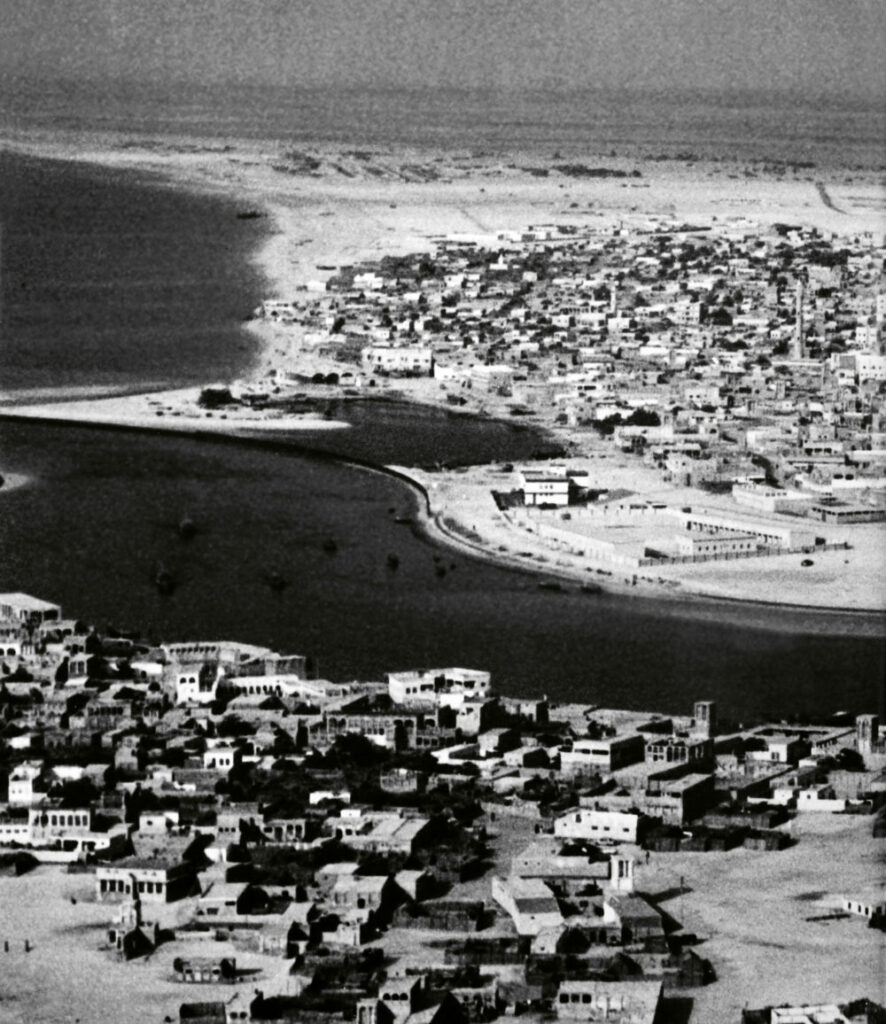
But the seeds of Dubai’s growth into a global city go back to Sheikh Mohammed’s grandfather, Sheikh Saeed bin Maktoum.
Although Dubai’s roots as an Emirate date back to the early 19th -Century, Sheikh Saeed, who came to power in Dubai in 1912, adopted a pioneering free-trade policy, developing its eponymous capital as a significant commercial hub and ensuring “the heart of a modern city began to beat” (pearls were the largest trade sector in the region until the market for them collapsed in the 1930s).
Sheikh Mohammed’s father, Sheikh Rashid bin Saeed Al Maktoum, who ruled the Emirate of Dubai from 1958 until his death in 1990, continued the economic transformation of Dubai, and also of the UAE as its Vice-President and Prime Minister.
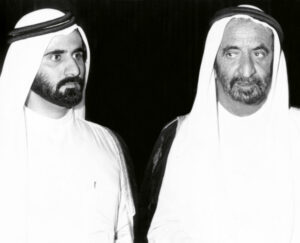
It is clear from My Story just how much his son learned from his father while young, as exemplified in this touching passage: “Every day I watched him in action taught me a new lesson, bringing me fresh ideas, exciting projects and eventually greater understanding, perhaps even a little wisdom.”
Perhaps most importantly, he credits Sheikh Rashid with teaching him a guiding principal that has shaped both Dubai and the UAE’s economic direction at the most fundamental level.
“I asked him who are the real leaders are in this world,” he writes. “He replied that today’s real leaders are not the same as yesterday’s. Today’s leaders are the silent giant who possess the money, not the politicians who make the noise. I see it borne out in truth every day in our modern world. Economics always drives politics, and not just in Western countries and major democracies.”
The adoption of this philosophy can account for why Dubai, and the UAE, are focused squarely on development projects and the economy, and why, as Sheikh Mohammed adds proudly, “Dubai has become a global economic icon” and “many aspire to move to the UAE so they can achieve their dreams and realise their ambitions”.
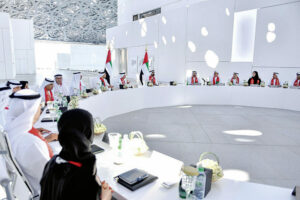
The young nation’s openness, tolerance, prosperity and adoption of a private sector mindset in government is a model that Sheikh Mohammed has always hoped will be adopted across the Arab world.
It is, therefore, appropriate that the final chapter of his enlightening autobiography sets out what he considers to be the principles of sound government, under the heading ‘10 Rules for Leadership”. It is likewise apt that this concluding chapter revisits the theme of competition. Alongside such maxims as serving the people and focusing on the work rather than title, he notes: “Competition is a way of life in government, without it, motivation will subside, enthusiasm will diminish, and the flames of determination will die out.
“My goal,” he continues, “is always to be in first place, and I always strive for this – even when I’m not aware I’m doing so.”
My Story: 50 Memories from Fifty Years of Service (Explorer Group Ltd) by Mohammed bin Rashid Al Maktoum is out now on Amazon UK, priced £7.99 in paperback and £6.73 as a Kindle eBook.
